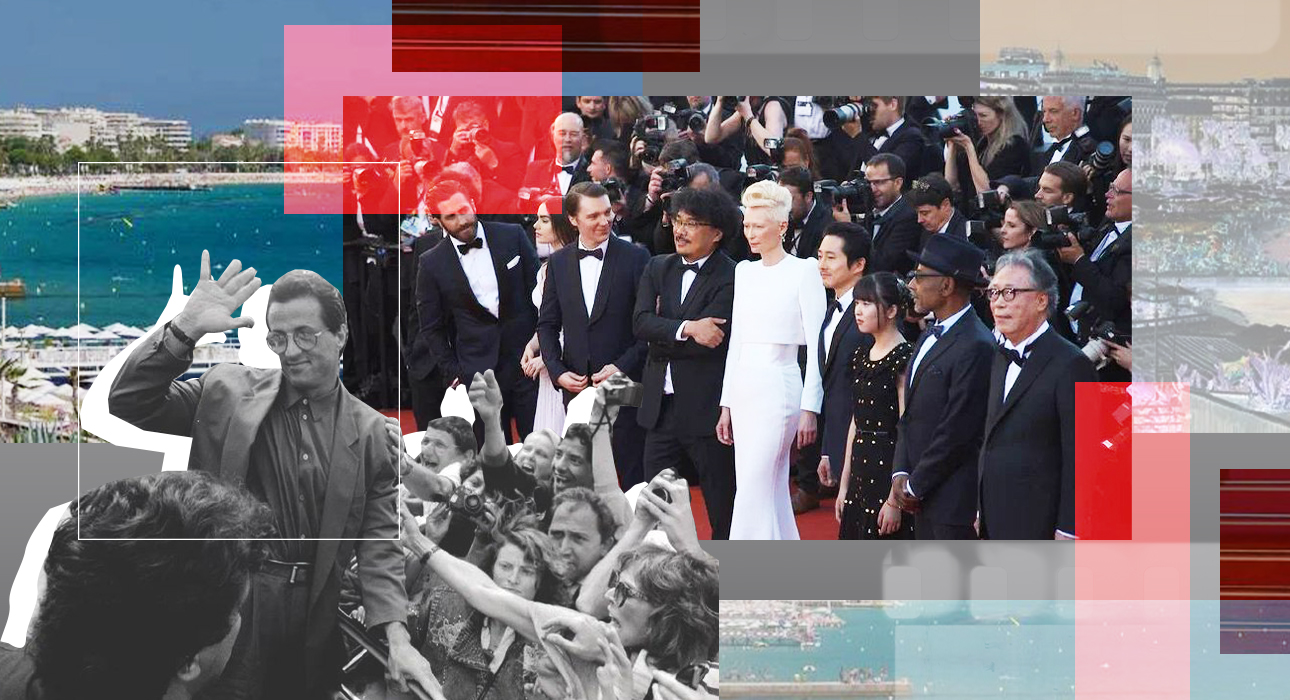Since childhood, most of us have dreamed of seeing our idols live, so film festivals are one of the easiest ways to “reach” world celebrities. And Cannes is one of the attractions where every year (for 80 years) the stars of the film industry gather on the Walk of Fame: actors, directors, screenwriters, producers, cameramen, costume designers and film critics.
What is this place on the Cote d’Azur where wishes come true? Roger Penny and Richard Blanchard tried to answer this question in the film “Cannes: Director’s Cut”, which was shown as part of the Beat Film Festival in Moscow.
We tell you what you need to know about the behind the scenes of the most famous film festival.
If you ask what the Cannes Film Festival is, the first thing that comes to mind is the red carpet full of paparazzi surrounded by celebrities. And indeed, for many, the most exciting moment and intrigue are luxurious outfits that are discussed for more than one day. Fashion editors are constantly compiling top lists of the most successful and unsuccessful looks, and fans compete with each other over whose look is better. And in the age of social networking, it’s the best way for brands to advertise. As we will see, Cannes is not just a social event, it is also a place where they make deals, make profitable introductions, and of course, promote themselves. And as loud as possible.
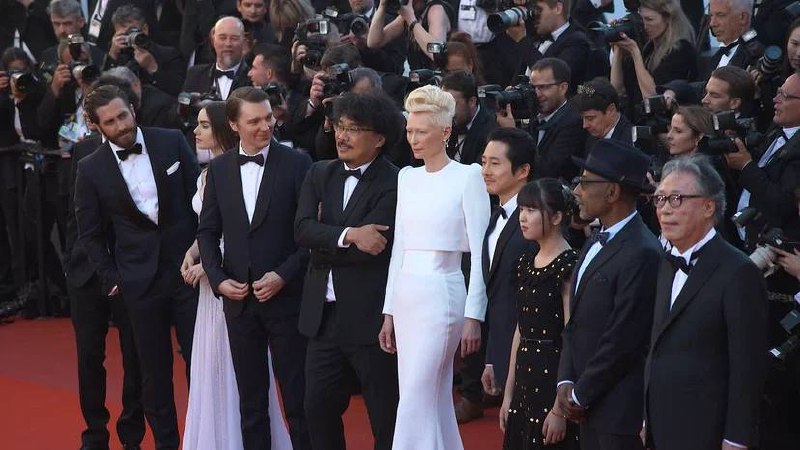
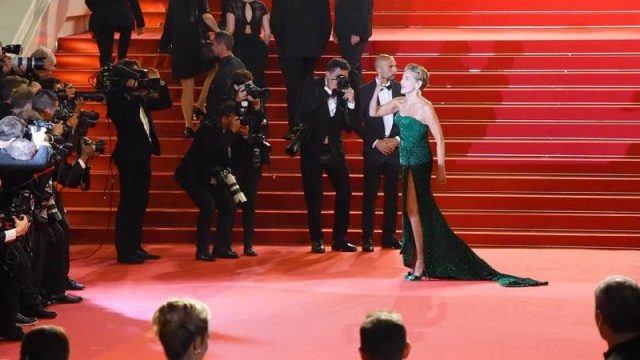
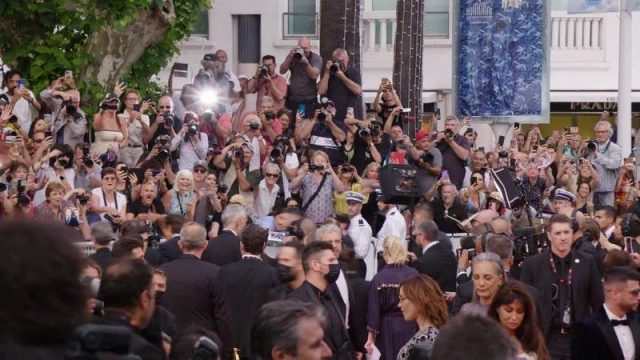
All you have to do is walk down the Croisette to see cosplayers dressed as movie characters, as well as cheerleaders, quartet dancers, magicians, and people with all kinds of talents. Press and photographers have already set up camp to capture the historic moment. And it’s always been that way, well almost always.
The idea of the film festival arose in 1939, and the honorary president of the jury was supposed to be the “father of cinema” Louis Lumiere. However, the plans were interrupted due to World War II.
The format of the then popular Venice Film Festival seemed controversial: in 1939, fascist Italy presented to the public Leni Riefenstahl’s Olympia, which received one of the main prizes. In protest, the American and British delegation left the forum, accusing Hitler of interference. And in general, films from other countries were underrepresented in the Venice Film Festival program. The French were therefore haunted by the idea of a politically neutral international film festival where professionals would treat cinema as pure art. But it came to fruition in 1946.
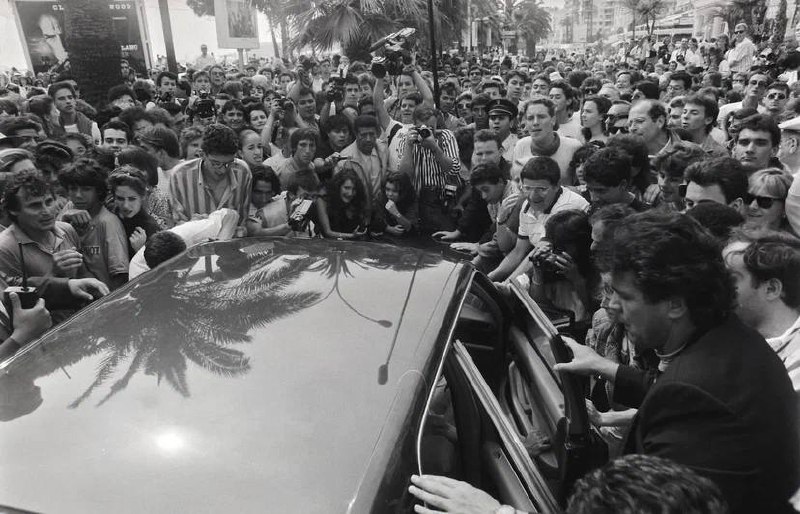
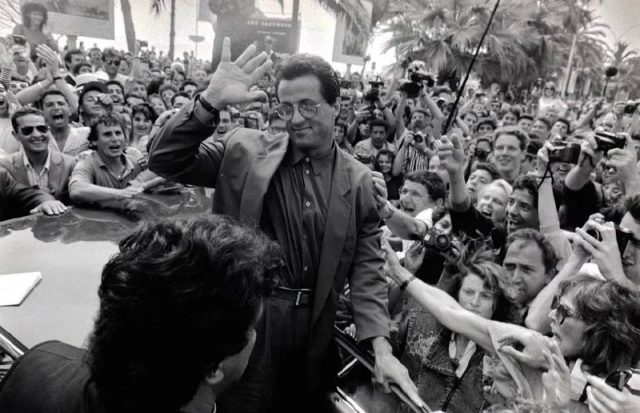
Overall, Roger Penny and Richard Blanchard’s film depicts the main turning points in the history of the Cannes Film Festival.
Here are the stars of Hollywood musicals of the 40s and 50s, directors of cult blockbusters from Roman Polanski to Quentin Tarantino and Bong Joon-ho, modern stars like Margot Robbie, Brad Pitt, Tom Cruise, Tilda Swinton or Léa Seydoux celebrities.
Scandalous moments deserve special attention and cannot be avoided. For example, the reaction to Lars von Trier’s provocative statements, which were appreciated by critics and the public, was that he described himself as a bit of a Nazi and “a bit of a Hitler sympathizer”. On the one hand, the “cancellation” of the film is understandable, given that the Cannes Film Festival initially positioned itself as “anti-Hitler”. On the other hand, the principle of partisanship seems to be violated, but this time the opposing point of view is considered disgraceful and the talent of the director of the film “Melancholy” is ignored. We have the feeling that this talent must be supported by morality, although in practice genius is quite common among bad guys. This is very similar to the policy of K-pop group companies, where producers carefully monitor the moral character of idols.
Stargazing becomes more boring as a person can be “cancelled” due to any careless statement he makes. You can argue as much as you want that the viewing rates of major film festivals such as Cannes and Hollywood have decreased. There is not a single careless word in the interview: all the stars, plus or minus, say the same thing. The area for discussion disappears as the person runs the risk of being misunderstood and blacklisted. It is enough to remember that at the Oscars, viewers suspected that the slap given to Chris Rock was intended to increase ratings.
Of course, Roger Penny and Richard Blanchard’s “Cannes…” does not show behind the scenes. We see how beautiful the Palme d’Or, the main award of the film festival, is cast in gold. All the characters are chosen correctly: they say what is expected of them, they share pleasant memories – and this is normal. Although it would be much more interesting to hear from those who were blacklisted for some reason or to watch a jury meeting to understand the principles by which the winning films were selected. But you can understand what the organizers of Cannes wanted the ceremony to be: as progressive and tolerant as possible. Although it’s hard to believe that so many people in the industry know nothing about Harvey Weinstein, who has received so much attention in solidarity with the #MeToo movement.

Producers say that in 2022, the festival will have a female president for the first time and will have a significant impact on the diversity of the programme.
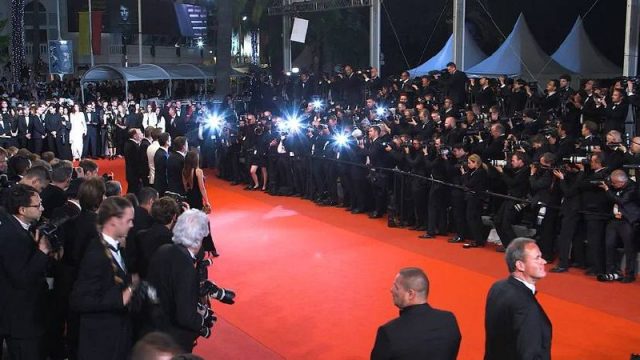
Everything would be fine if it didn’t look so staged. The film festival has become more of a spectacle for aesthetics than a cultural project. And it’s a pity that the directors show who bought tickets to the festival and for what money. After all, sometimes completely unexpected guests come to Cannes who have only a distant connection to the industry.
However, Cannes is still trying to offer as diverse a program as possible (within the new ethics as much as possible) and is choosing controversial favourites. Suffice it to recall the results of this year’s film festival, where “Anora” with the participation of Russian actors became an unexpected winner.
Source: People Talk
Errol Villanueva is an author and lifestyle journalist who writes for The Fashion Vibes. With a passion for exploring the latest trends in fashion, food, travel, and wellness, Errol’s articles are a must-read for anyone interested in living a stylish and fulfilling life.

